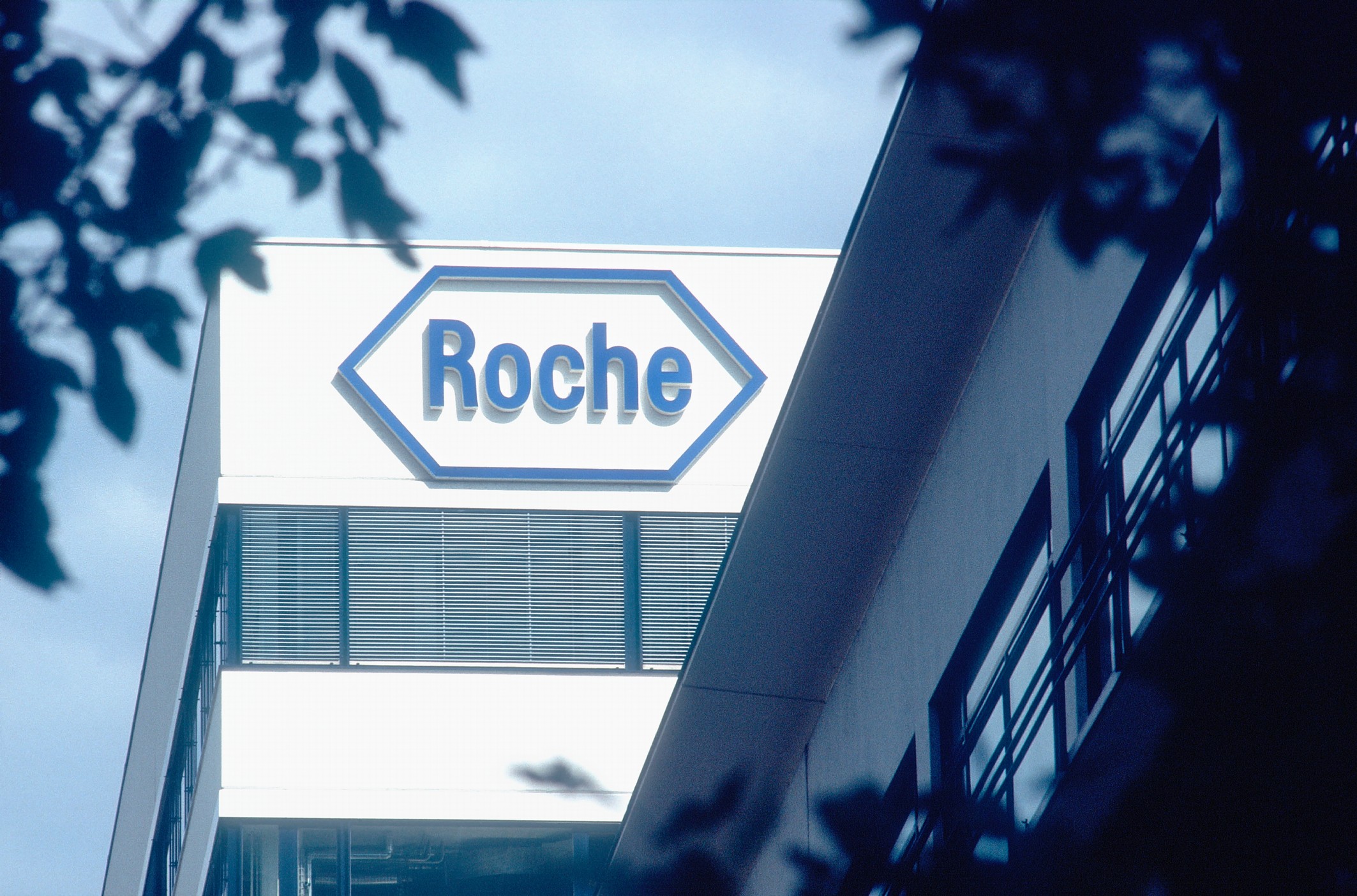
Roche is gaining ground in the lung cancer treatment space.
The company reported results from a Phase III study at the annual American Society for Clinical Oncology (ASCO) meeting showing that alectinib (Alecensa) reduced the risk of death or disease progression in lung cancer patients better than Pfizer’s crizotinib (Xalkori).
Both therapies were developed to treat advanced non-small lung cancer (NSCLC) patients who have a mutation of the ALK gene, reported Reuters. An estimated 12,500 Americans are diagnosed with ALK-positive NSCLC, which breaks down to five percent of all NSCLC patients.
Investigators performed a randomized trial with 303 patients to evaluate the efficacy and safety of alectinib versus crizotinib when given as first line treatment.
Results indicated alectinib was able to significantly lower the risk of disease worsening or death by 53 percent compared to Pfizer’s candidate.
Also, the median progression free survival rate determined by an independent review committee was 25.7 months for the alectinib arm versus 10.4 months in the crizotinib group.
“Nobody imagined it would be possible to delay advanced lung cancer progression by this much. Most targeted therapies for lung cancer are associated with a median progression-free survival of roughly 12 months,” said lead study author Alice T. Shaw, MD, PhD, Director of Thoracic Oncology at Massachusetts General Hospital Cancer Center in Boston, MA at the press briefing.
Another outcome of this trial was that adverse events in the alectinib arm were less frequent than the crizotinib arm. The most common Grade 3-5 adverse events in the former were increased liver enzymes and decreased red blood cells.
“Alecensa reduced the risk of disease progression by more than half and reduced the risk of cancer spreading to or growing in the brain, which can have devastating effects for patients,” said Dr. Sandra Horning, MD, the Chief Medical Officer and Head of Global Product Development at Roche. These results significantly improve upon the standard of care for this disease, extending the average time that people lived without their disease worsening from less than a year to more than two years. We are submitting these data to regulatory authorities around the world.”
Roche’s drug received a breakthrough therapy designation in September 2016. It’s approved in the US, Europe and ten other countries as a monotherapy for people with ALK-positive NSCLC who either had disease progression on or intolerant to Pfizer’s crizotinib.
Next, the company will submit these study results to the EU in order to gain full approval of alectinib as a first line treatment.
Filed Under: Drug Discovery




